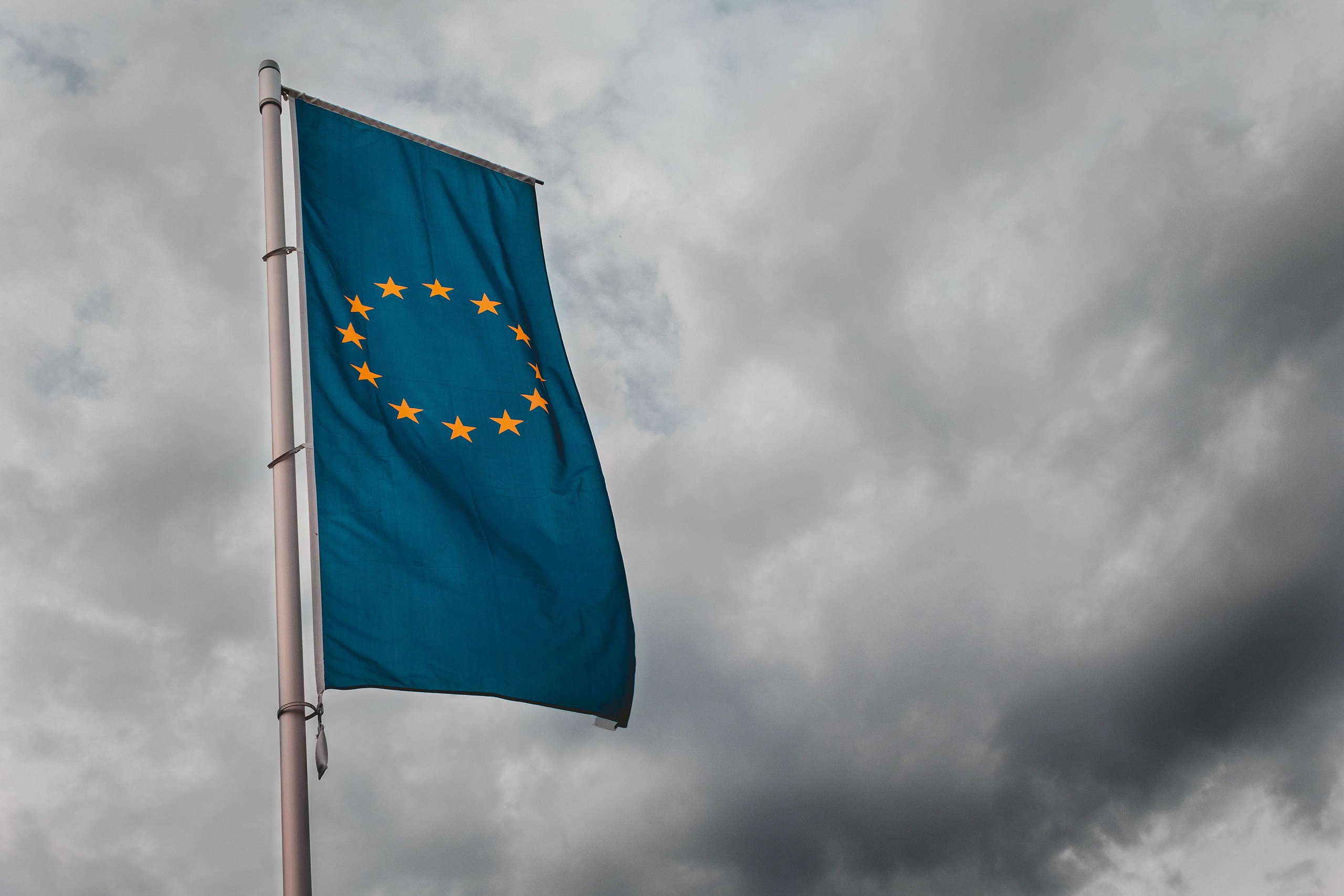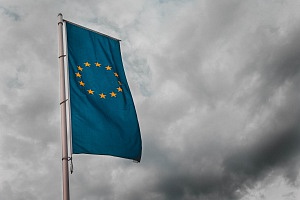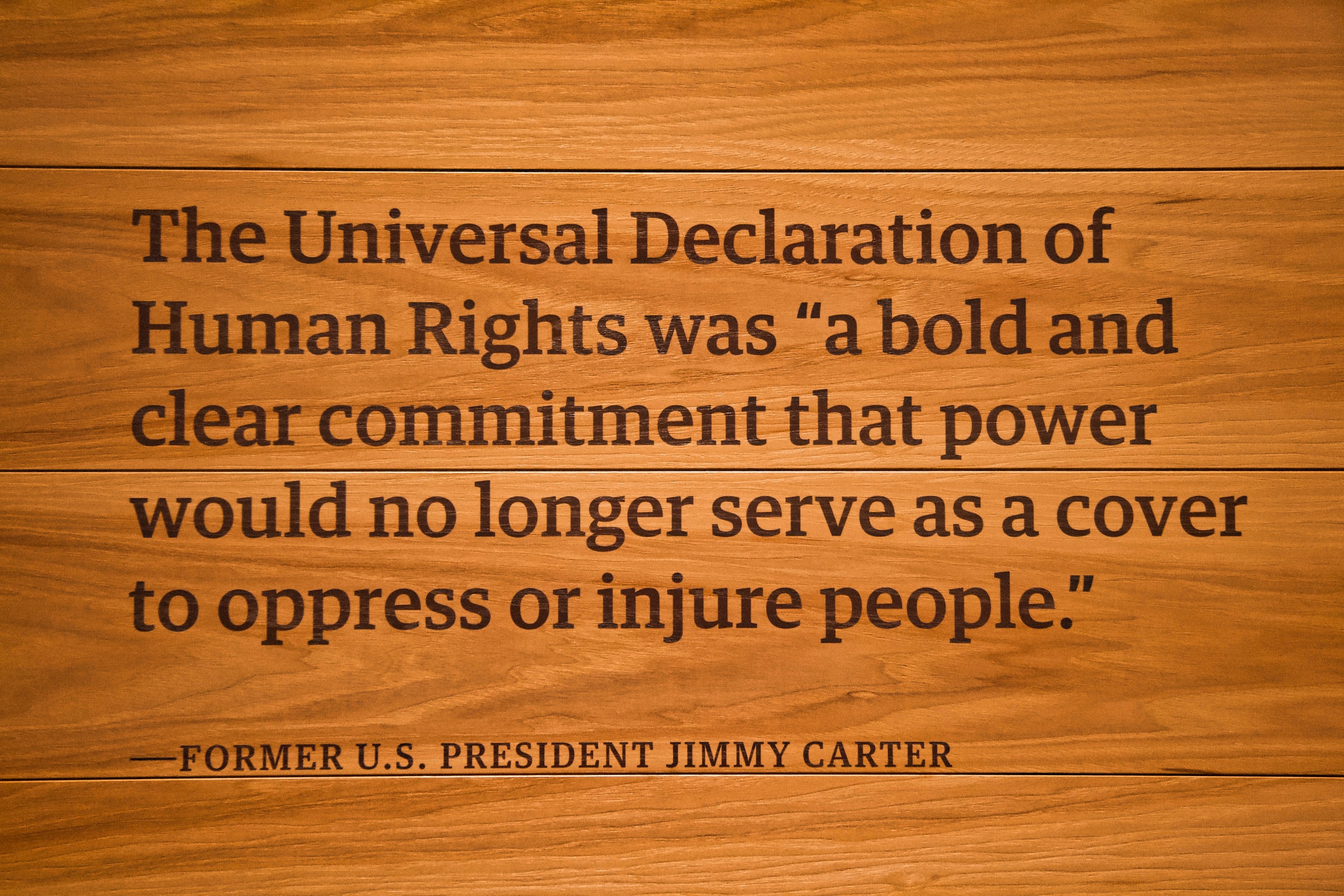Recent developments have shown significant distrust of EU Member States of the Polish state. The issue lies in the concern of foreign courts with the state of judicial independence in Poland following reforms of the judicial system, and this concern is manifested in refusals of extraditions to the country pursuant to European Arrest Warrants (EAWs). In particular, the International Chamber of Legal Aid of the Regional Court of Amsterdam has referred preliminary questions on the matter to the Court of Justice of the European Union (CJEU), and halted all extraditions to Poland until a judgment is issued.
Since 2015 the Polish judiciary has been subjected to a range of justice-system reforms resulting in serious doubts about its independence. The most important changes are the 2015 replacement of some judges of the Constitutional Tribunal (CT) contrary to procedure and the lowering of the retirement age of Supreme Court (SC) judges and making it conditional on the President’s consent. In consequence, the constitutionality of CT rulings issued since the changes is doubtful, and the reforms in general constitute a series of successful efforts to politicize the appointment of judges.
Poland is the first among the EU Member States in a few respects. To begin with, the CJEU found in European Commission v Republic of Poland that Poland has not fulfilled its obligation under Article 19(1)(2) of the Treaty on European Union (TEU) to “provide remedies sufficient to ensure effective legal protection.” Furthermore, the EU Commission stated in a 2016 recommendation that there is “a systemic threat to the rule of law in Poland.” Lastly, the Central European state has been subjected to proceedings under Article 7(1) TEU which are based on a determination by the European Council that there is risk of a serious breach of EU principles. As such, Poland has come under a high level of scrutiny by the European Union.
In this context, the Regional Court of Amsterdam’s preliminary questions referred to the CJEU on July 31st and September 3rd ask in essence whether courts should refuse the execution of an EAW if there is no guarantee of judicial independence in the issuing Member State. The Regional Court’s decision to stop extraditions to Poland until the CJEU issues a judgment is an example of the real-life consequences of the serious concern with the possible implications of the Polish rule-of-law crisis, namely, the risk of a breach of the right to fair trial. It is worth mentioning that the Dutch court’s ruling is not an isolated example. In 2018 an Irish court also referred questions on the matter of Poland’s rule of law crisis, to which the CJEU responded that a court must determine “specifically and precisely” whether there is a risk of breach of the right to fair trial in light of “deficiencies” as to the independence of the judiciary of the EAW-issuing state.
There is a multitude of questions that remain. First, what will be the CJEU’s ruling on the preliminary questions posed by the Amsterdam Court? Furthermore, will other Member States’ courts follow the path taken by the Dutch court? And last but not least, will action taken by the EU and pressure from other Member States have any effect on the state of the rule of law in Poland? It remains to be seen how the many aspects of the issue at hand will develop within and across borders.
1. De Rechtspraak, ‘IRK legt alle overleveringen naar Polen voorlopig stil’ (3 September 2020)
2. Marcin Matczak, ‘The Clash of Powers in Poland’s Rule of Law Crisis: Tools of Attack and Self‑Defense’ (2020) Hague Journal on the Rule of Law 1, 3
3. Piotr Bogdanowicz and Maciej Taborowski, ‘How to Save a Supreme Court in a Rule of Law Crisis: the Polish Experience: ECJ (Grand Chamber) 24 June 2019, Case C-619/18, European Commission v Republic of Poland’ [2020] European Constitutional Law Review 1, 3
4. ibid 2-3
5. Case C-619/18 Commission v Poland EU:C:2019:531, para 124
6. Consolidated Version of the Treaty on European Union [2016] OJ C202/1, Article 19(1)(2)
7. Commission Recommendation (EU) 2016/1374 of 27 July 2016 regarding the rule of law in Poland [2016] OJ L217/53, para 72
8. Consolidated Version of the Treaty on European Union [2016] OJ C202/1, Article 7(1)
9. De Rechtspraak, ‘IRK legt alle overleveringen naar Polen voorlopig stil’ (3 September 2020)
10. Case C-354/20 PPU Openbaar Ministerie NL:RBAMS:2020:4328, para 2.2(9)
11. Case C-216/18 PPU LM EU:C:2018:586, para 79








